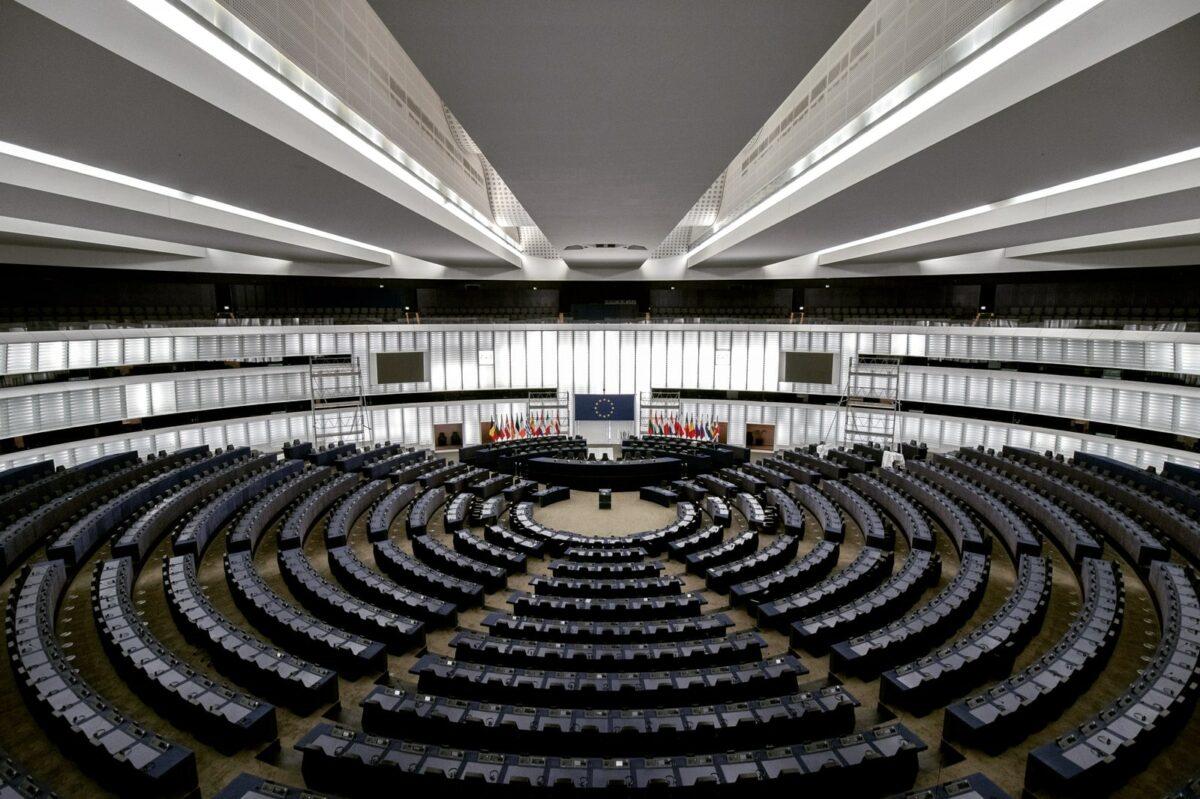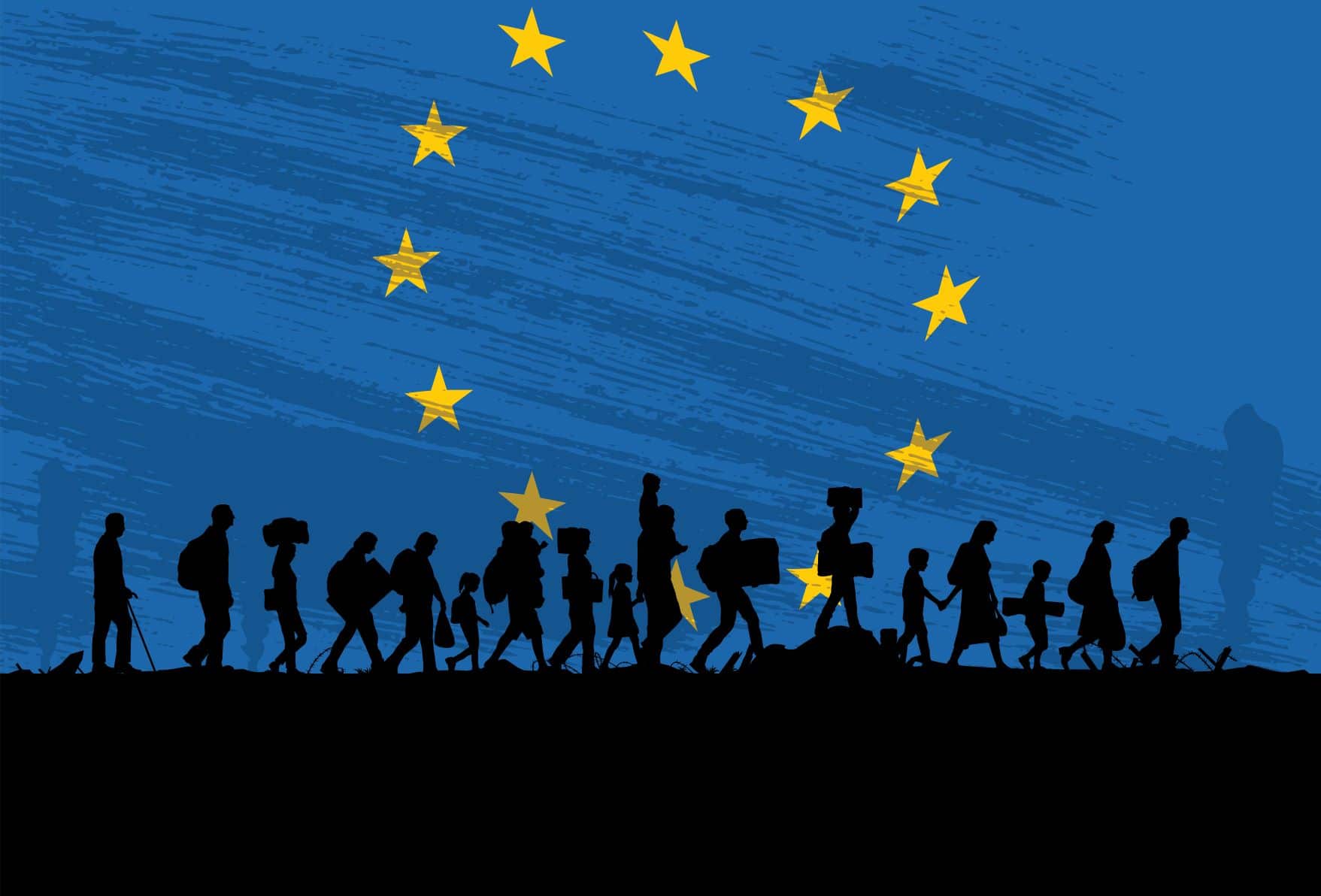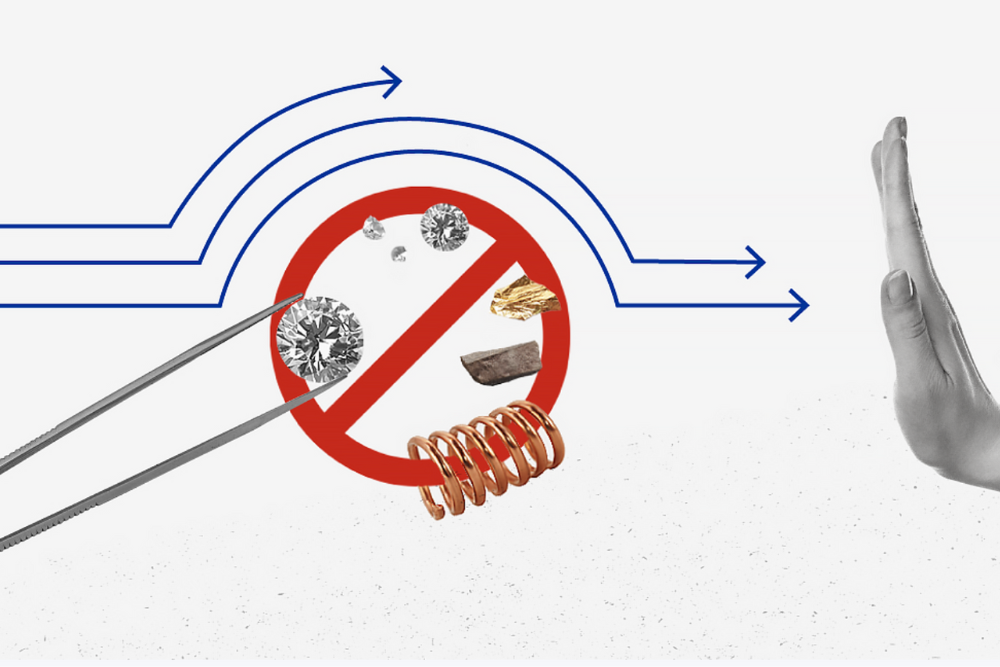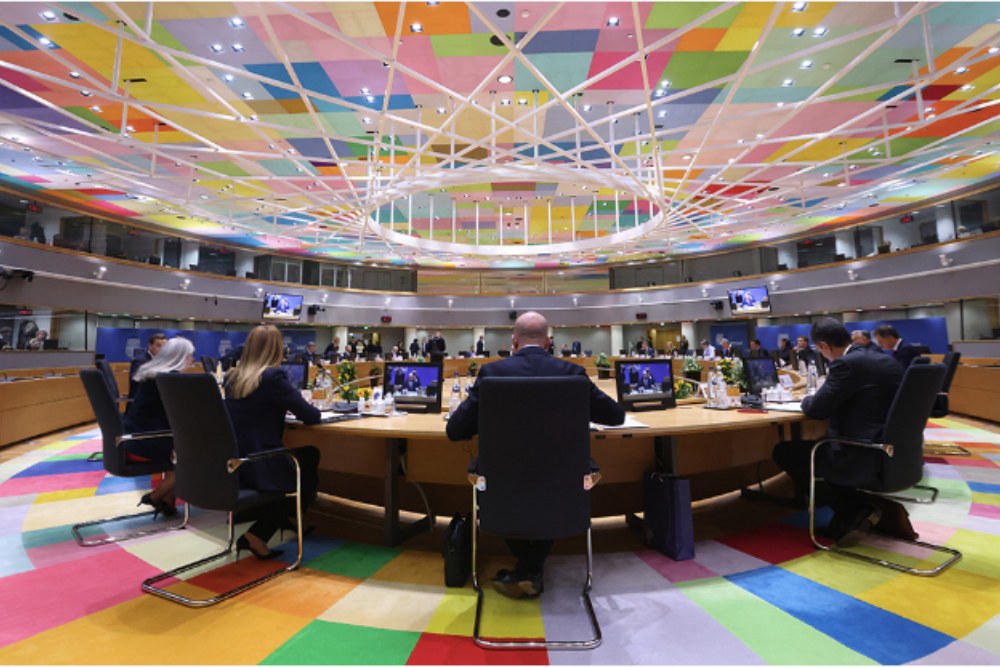The Council today decided to add five members of the Makhlouf family to the list of persons and entities subject to targeted EU restrictive measures in view of the situation in Syria.
This decision follows the death of Mohammed Makhlouf in September 2020. Mr Makhlouf – sanctioned by the EU in August 2011 – was a businessman closely associated with the Assad family and with significant ties to the Syrian regime. His death poses the risk that the assets inherited by his family members will be used to support the activities of the Syrian regime, and will flow directly into the regime’s possession, potentially contributing to the regime’s violent repression of the civilian population.
With today’s decision, the list of people and entities subject to sanctions in view of the situation in Syria now includes 292 persons, targeted by both an assets freeze and a travel ban, and 70 entities subject to an assets freeze. In addition, EU persons and entities are forbidden from making funds available to both listed individuals and entities.
Sanctions on Syria were first introduced in 2011 in response to the violent repression of the civilian population by the Assad regime. They also target companies and prominent businessmen benefiting from their ties with the regime and the war economy. Restrictive measures also include a ban on the import of oil, restrictions on certain investments, a freeze of the assets of the Central Bank of Syria held in the EU, and export restrictions on equipment and technology that might be used for internal repression, as well as on equipment and technology for the monitoring or interception of internet or telephone communications.
EU sanctions in Syria are designed to avoid any impact on humanitarian assistance, and therefore aim not to affect the delivery of food, medicines and medical equipment.
The EU keeps developments in the Syrian conflict under constant review and can decide to renew sanctions and amend the list of targeted entities or persons based on developments on the ground.
The EU remains committed to finding a lasting and credible political solution to the conflict in Syria on the basis of the UN Security Council resolution 2254 and of the 2012 Geneva Communiqué.












